A trailblazer in the field of therapeutic genome editing, Fyodor D. Urnov’s research focuses on developing medicines for devastating genetic diseases.


Denis Noble discusses common misconceptions in genetics. Are our genes really as deterministic as we think they are?Watch the full talk] at https://iai.tv/vid…
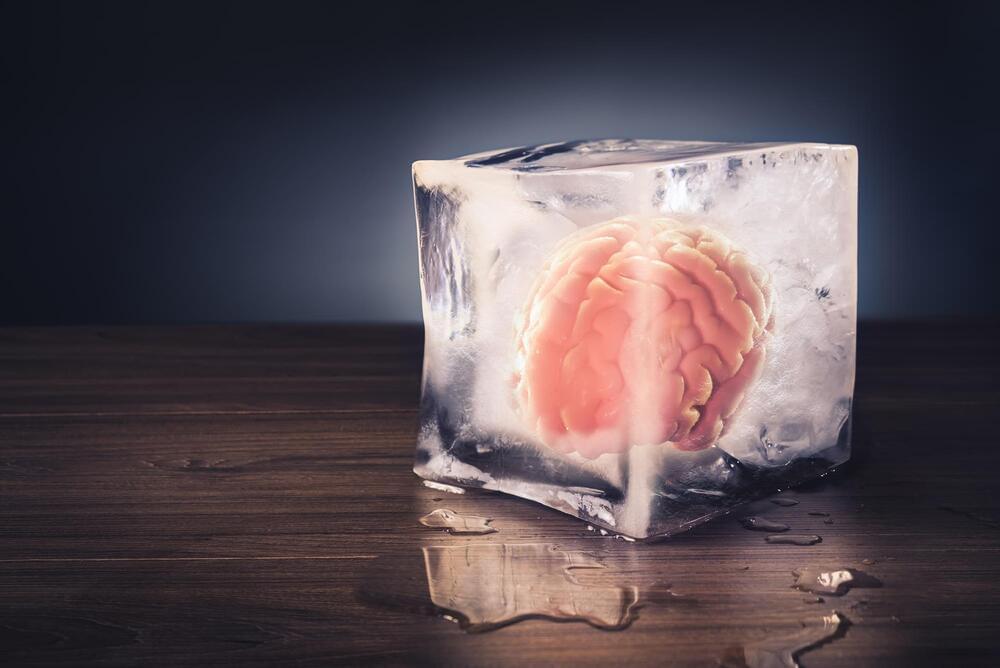
In good news for future animation figureheads, there might be a new way to revive frozen brains without damaging them. Scientists in China have developed a new chemical concoction that lets brain tissue function again after being frozen.
Freezing is effective at keeping organic material from decomposing, but it still causes damage. As the water inside turns to ice, the crystals tear apart the cells. That’s why frozen meat or fruit goes a bit mushy after it’s defrosted – but a bigger problem is that it also happens with organs or tissues chilled for transplant or research.
For the new study, scientists at Fudan University in China experimented with various chemical compounds to see which ones might work to preserve living brain tissue during freezing. They started by testing out promising chemicals on brain organoids – small, lab-grown lumps of brain tissue that develop into different types of related cells.
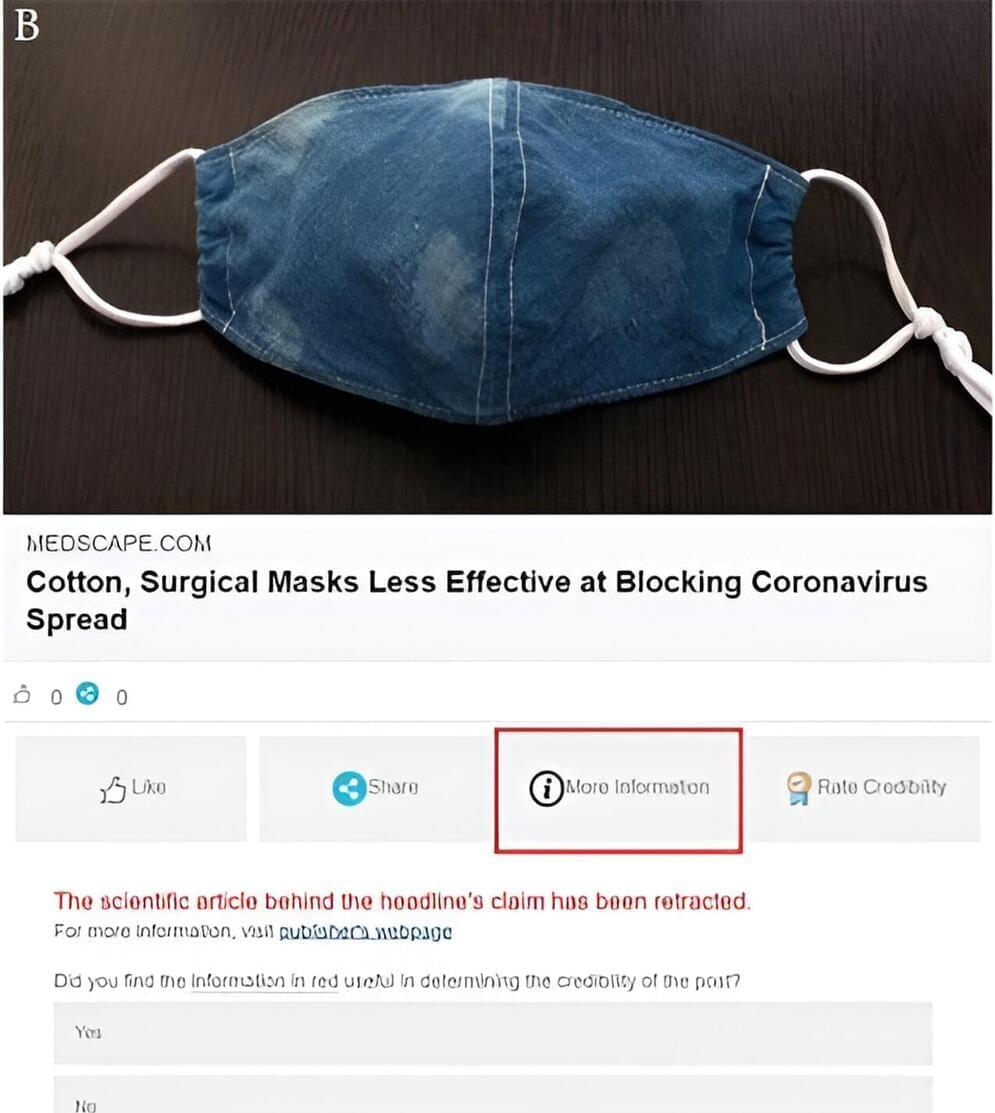
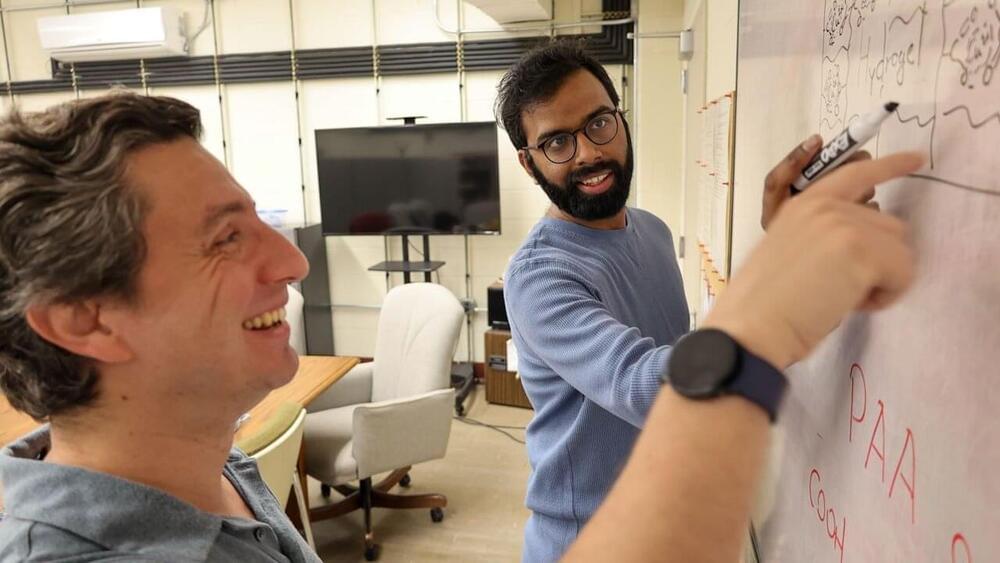
In a May 15 paper released in the journal Physical Review Letters, Virginia Tech physicists revealed a microscopic phenomenon that could greatly improve the performance of soft devices, such as agile flexible robots or microscopic capsules for drug delivery.
The paper, written by doctoral candidate Chinmay Katke, assistant professor C. Nadir Kaplan, and co-author Peter A. Korevaar from Radboud University in the Netherlands, proposes a new physical mechanism that could speed up the expansion and contraction of hydrogels. For one thing, this opens up the possibility for hydrogels to replace rubber-based materials used to make flexible robots—enabling these fabricated materials to perhaps move with a speed and dexterity close to that of human hands.
Soft robots are already being used in manufacturing, where a hand-like device is programmed to grab an item from a conveyer belt—picture a hot dog or piece of soap—and place it in a container to be packaged. But the ones in use now lean on hydraulics or pneumatics to change the shape of the “hand” to pick up the item.
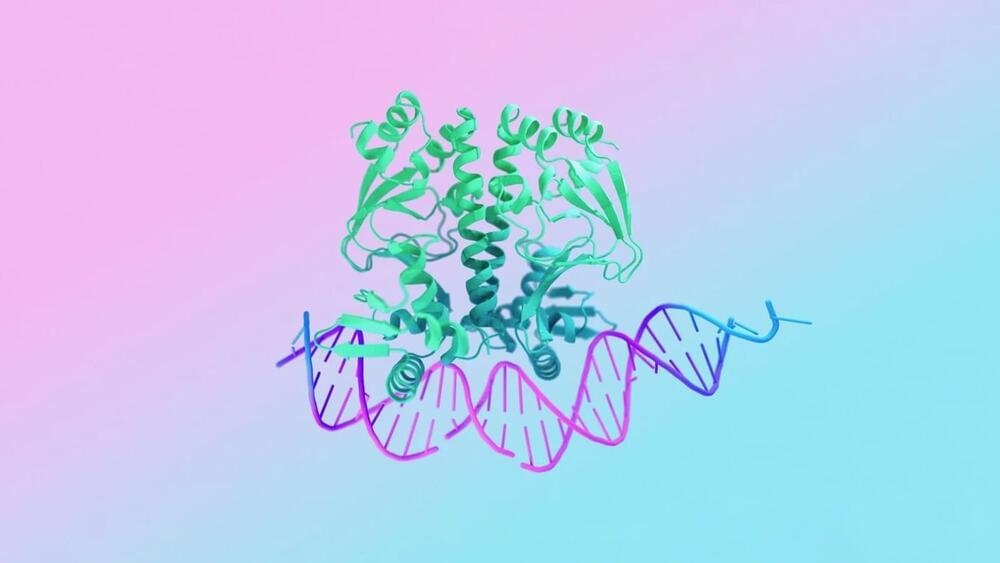

Genomics is revolutionizing medicine and science, but current approaches still struggle to capture the breadth of human genetic diversity. Pangenomes that incorporate many people’s DNA could be the answer, and a new project thinks quantum computers will be a key enabler.
When the Human Genome Project published its first reference genome in 2001, it was based on DNA from just a handful of humans. While less than one percent of our DNA varies from person to person, this can still leave important gaps and limit what we can learn from genomic analyses.
That’s why the concept of a pangenome has become increasingly popular. This refers to a collection of genomic sequences from many different people that have been merged to cover a much greater range of human genetic possibilities.

Scientists just published the most detailed map of a cubic millimeter of the human brain. Smaller than a grain of rice, the mapped section of brain includes over 57,000 cells, 230 millimeters of blood vessels, and 150 million synapses.
The project, a collaboration between Harvard and Google, is looking to accelerate connectomics—the study of how neurons are wired together—over a much larger scale.
Our brains are like a jungle.

CRISPR was first discovered in bacteria as a defense mechanism, suggesting that nature hides a bounty of CRISPR components. For the past decade, scientists have screened different natural environments—for example, pond scum—to find other versions of the tool that could potentially increase its efficacy and precision. While successful, this strategy depends on what nature has to offer. Some benefits, such as a smaller size or greater longevity in the body, often come with trade-offs like lower activity or precision.
Rather than relying on evolution, can we fast-track better CRISPR tools with AI?
This week, Profluent, a startup based in California, outlined a strategy that uses AI to dream up a new universe of CRISPR gene editors. Based on large language models—the technology behind the popular ChatGPT—the AI designed several new gene-editing components.
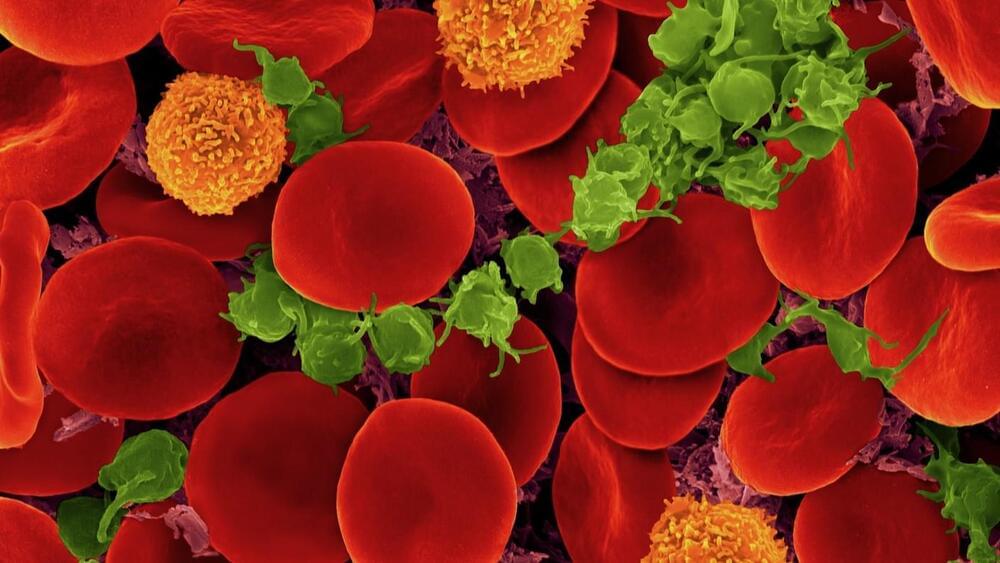
Blood transfusions save lives. In the US alone, people receive around 10 million units each year. But blood banks are always short in supply—especially when it comes to the “universal donor” type O.
Surprisingly, the gut microbiome may hold a solution for boosting universal blood supplies by chemically converting other blood types into the universal O.
Infusing the wrong blood type—say, type A to type B—triggers deadly immune reactions. Type O blood, however, is compatible with nearly everyone. It’s in especially high demand following hurricanes, earthquakes, wildfires, and other crises because doctors have to rapidly treat as many people as possible.